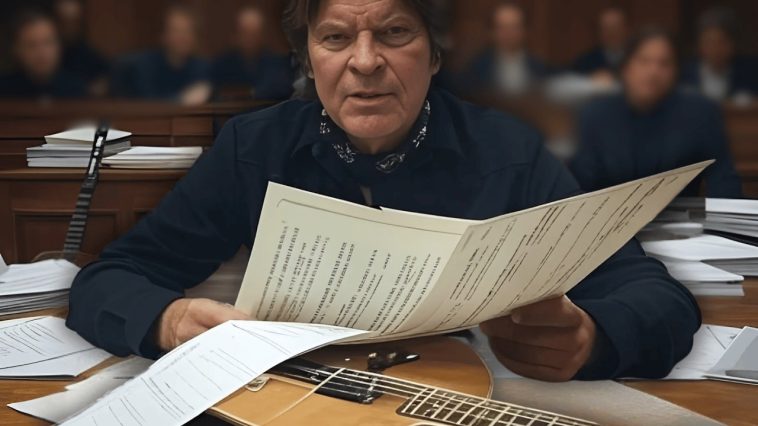John Fogerty refused to back down when Fantasy Records sued him for plagiarizing his own work. The lawsuit, which claimed that The Old Man Down the Road was a copy of Run Through the Jungle, forced him into one of the most bizarre courtroom battles in music history. Determined to prove that the songs were different, Fogerty took an unconventional approach—he brought his guitar into the courtroom and played both songs in front of the jury, breaking down their structures and melodies. The demonstration was a turning point.
▬Contents of this video▬
00:00 – Intro
01:28 – John Fogerty’s Early Life and the Formation of CCR
02:52 – The Success and Sound of Creedence Clearwater Revival
04:42 – The Fall of Creedence Clearwater Revival
06:18 – The Legal Nightmare: John Fogerty vs. Fantasy Records
08:35 – John Fogerty Strikes Back
09:36 – Outro
Like this content? Subscribe here: https://www.youtube.com/factsverse?sub_confirmation=1
Or, watch more videos here: https://www.youtube.com/playlist?list=PLkXAntdjbcSJlJnpP4FgdU0swKbnkNgJj
Become a Facts Verse member and get access to all videos that contain mature content. Use the link below to get access to even more videos, ad-free.
https://www.youtube.com/channel/UCXZpQgX1897wYDLtvzmgyIA/join\
The jury ruled in his favor, rejecting Fantasy Records’ argument and clearing him of any wrongdoing. While the verdict was a major victory, the case had drained him financially, forcing him to spend years defending himself against a claim that should never have been filed. Frustrated by the ordeal, he countersued Saul Zaentz for malicious prosecution, arguing that the lawsuit had been an attempt to harass and silence him. The case reached the U.S. Supreme Court, which ruled in 1994 that artists had the right to seek legal fees if they had been forced to fight baseless copyright claims. It was a landmark moment, not just for Fogerty, but for musicians who had long been at the mercy of unfair record contracts. “I was standing up for myself, but I was also standing up for every other songwriter who gets screwed over,” he later said.
The ruling set an important precedent, ensuring that record labels couldn’t use copyright law as a weapon against the very artists who created the music. Though the legal battle was finally over, the scars it left on Fogerty’s career and personal life would take years to heal, and his past with Creedence Clearwater Revival remained unresolved.
Why John Fogerty Was Forced to Sue His Own Band


